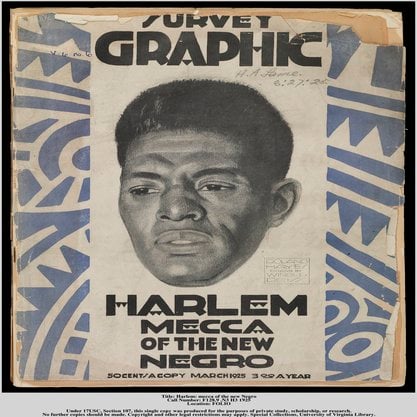Article
Stein, Gertrude (1874–1946) By Perelman, Bob
Article
Gertrude Stein was a modernist writer of the twentieth century, notable for the extremity of her stylistic innovations. During the first half of her career, her radical experimentation made her a target of mockery. In 1933, she published The Autobiography of Alice B. Toklas, a memoir of modernist activity in Paris written in a more accessible style. Intellectually serious but amusing and filled with gossip about charismatic figures (Picasso and Hemingway, among others), it was a surprise best seller in the USA and made Stein a celebrity; she remained an affectionately regarded public figure for the rest of her life. However, at her death and for decades after, she was not a respectable object of critical attention. To university critics, Joyce, Pound, and Eliot had set the standard for literary achievement, and Stein’s work seemed a formless self-indulgence. It was not until the latter decades of the twentieth century, with the rise of a number of related intellectual and artistic forces — feminist critics and poets, the general US innovative poetic tendency, Language writing, and post-structuralism — that Stein began to be taken seriously. In the twenty-first century, while her writing still raises controversy, it is prominent in the modernist canon.



